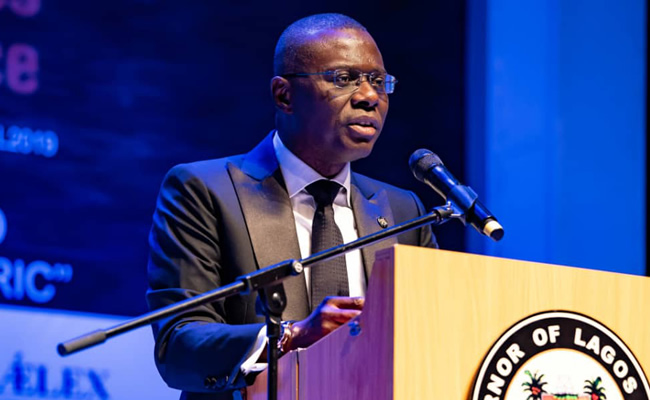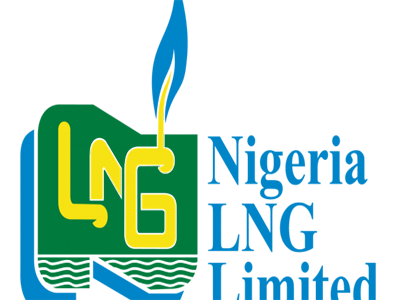Kachikwu dares NASS unbundles NNPC
In what may be seen as an affront on the resolution passed by the House of Representatives on the proposed unbundling of the Nigerian National Petroleum Corporation (NNPC), the Minister of State for Petroleum Resources, Mr. Ibe Kachikwu, on Tuesday announced the eventual unbundling of the corporation into seven units. Each of the units is to be headed by Chief Executive Officers (CEOs). The seven newly created departments include: Upstream and Downstream, Refineries, Gas and Power, Ventures, Finance, and Executive Head corporate Services. Meanwhile, fresh facts are now emerging over the manner in which the Nigerian National Petroleum Corporation (NNPC) was run in the last 10 years.
In a detailed report carried out by the trio of Aaron Sayne, Alexandra Gillies and Christina Katsouris and codified as ‘Inside NNPC Oil Sales: A Case for Reform in Nigeria’ published by Natural Resource Governance Institute in August 2015, it was discovered that records indicated that NNPC retained revenues from the sale of 110 million barrels of oil over ten years from one block controlled by its subsidiary NPDC, worth an estimated $12.3 billion. Kachikwu, while unveiling the new operational structure for NNPC, which he said would cut costs, save funds and end waste in the Nigerian oil and gas system, thereby putting it in a better positioning for profit making rather than its current loss making status. Kachikwu said that President Muhammadu Buhari has already approved the final phase for restructuring the NNPC into seven coordinating units, including an upstream company, a downstream company, a gas and Power Company, as well as another company in charge of refineries. He said’’ There will also be a ventures company, finance and Services Company, and a corporate services company, all of which will be independently run under the headship of chief executive officers (CEOs) that will report to the GMD of NNPC, who is also the minister of state for petroleum resources’’. Daily Times leant that those appointed to head the newly created units within the NNPC are Bello Rabiu, CEO, NNPC Downstream; Henry Ikem-Obih, CEO, NNPC Upstream; Anibor Kragha, CEO, NNPC Refineries; Saidu Mohammed, CEO, NNPC Gas and Power; Babatunde Adeniran, CEO, NNPC Ventures; Isiaka Abdulrazaq, CEO, NNPC Finance and Services, and Isa Inuwa, the executive head of NNPC Corporate services. Under these companies will be 21 different ventures, which Kachikwu said would function as incubation centres for profitable business development, with the possibility of being run as government concerns in partnership with private investors or traded publicly on the Nigerian Stock Exchange. On the report on the unhealthy running of the corporation, the report also indicated that “Over 38 years, the corporation has neither developed its own commercial or operational capacities, nor facilitated the growth of the sector through external investment.” On the oil-for-product swap deals, it was also said that NNPC entered into poorly designed deals when it could no longer meet the country’s fuel needs. Also, the document claimed that in 2013 alone, the Federation Account (Nigeria’s treasury) received only 58 percent of this oil’s $16.8 billion value. Speaking on the Domestic Crude Allocation (DCA), the report claimed that the DCA has become the main nexus of waste and revenue loss from NNPC oil sales.
The government allocates around 445,000 barrels per day to NNPC in so-called “domestic crude.” The report said that “there is no contract between NNPC and PPMC for DCA sales, despite their huge value. “We saw no evidence that NNPC includes the amounts actually paid by buyers of domestic crude in its reports to other government agencies.” The document recommended scrutiny into the activities of the Nigerian Petroleum Development Company (NPDC), NNPC’s main upstream division. It says available records suggest that when the corporation sells oil from blocks owned by NPDC— which produced a reported 80,243 barrels per day in 2013—it does not forward the resulting proceeds NEITI Oil and Gas Financial Audit Reports, 2009-2011 and 2012. “A case in point is offshore OML 119, a NPDC block governed by a service contract.
NNPC sold around 33,000 barrels per day of OML 119’s Okono grade crude in 2014. Our research found no evidence that NNPC forwarded to the treasury any revenues from sales of Okono crude between 2005 and 2014, volumes which totaled over 100 million barrels with an estimated value of $12.3 billion.” The report also said that the “NNPC sells this oil to the Pipelines and Product Marketing Company (PPMC), one of its subsidiaries. PPMC is supposed to send the oil to Nigeria’s four state-owned refineries, sell the resulting petroleum products, and pay NNPC for the crude it received, and then NNPC is supposed to pay the government.








